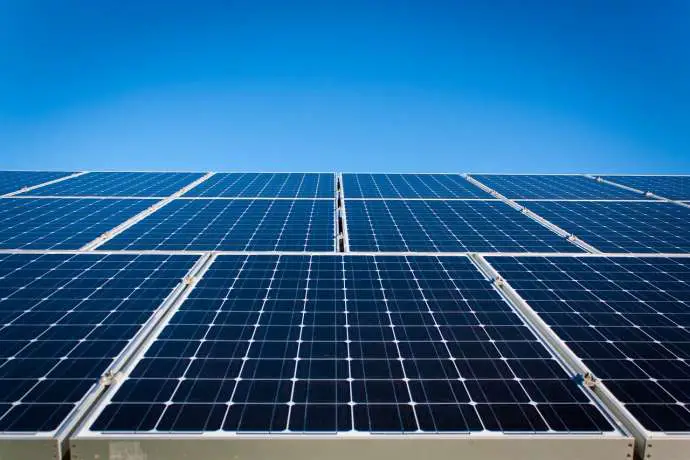STA, 25 March 2022 - The government has issued a regulation on electricity self-supply from renewables that will abolish the net metering concept for solar systems that will be put in place from 2024 in line with an EU directive. The regulation also guarantees new ways to get incentives for electricity self-sufficiency, a move that comes after several NGOs urged this.
The regulation, adopted at Thursday's government session, also introduces a new regime for self-supply generators with a connection capacity of less than 50 kilowatts. The connection procedure has been streamlined for the owners of such installations, the Government Communications Office said.
The energy crisis relief law allows households, household communities and small businesses to install an electricity generator connected to the building's grid.
The main advantage of this self-supply system is that the amount of electricity taken from the grid and the amount put into the grid are balanced out, so the consumer pays only the difference if they have taken more than they have put into the grid. If they have taken less, they pay nothing except some charges.
Although the EU renewable energy directive promotes self-supply, the concept of net metering under the energy crisis relief law is not in line with the EU directive on the electricity market, which stipulates that in the future a grid charge will have to be levied for all electricity taken from the distribution grid.
As a result, those who enter the self-supply system after 31 December 2023 will no longer be eligible for net metering under the new regulation.
However, the basic concept of individual and community self-supply remains unchanged or has been upgraded by the act on the promotion of renewable energy sources and the regulation, as it provides exemptions and partial exemptions from certain levies, the possibility for all end-users connected to the grid to enter the self-supply system, and the possibility to receive investment aid in the form of grants.
The new Energy Agency regulations governing the grid charge are also expected to bring benefits for self-supplying homeowners and businesses, which will be essential as sufficient incentives will need to be provided to boost investment in electricity self-supply as much as possible, the government said.
On Monday, two environmental NGOs urged the government to provide at least EUR 100 million in incentives for electricity self-sufficiency and an upgrade of distribution systems to enable households to generate power from renewables, notably solar. They noted the government was not thinking long-term in its efforts to mitigate the energy crisis and was hindering the energy transition.







